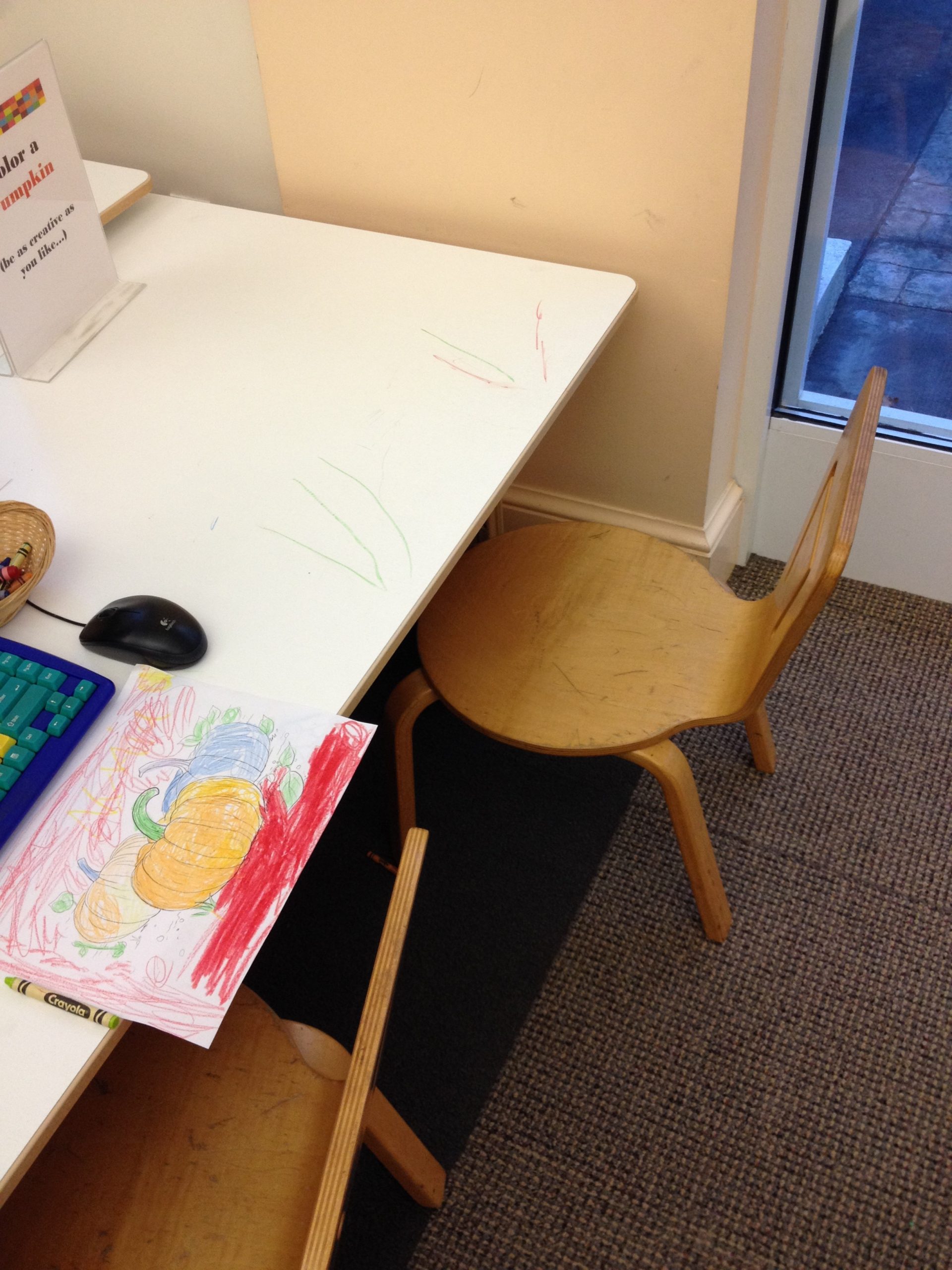Write down thoughts a few days a week can help students maintain their skills and knowledge. Students need to write to gain skills in communication. Over the summer, students should work on their spelling, grammar, and sentence structure by writing, journaling, or keeping a diary. It’s beneficial for students to write at least one or two sentences daily or every other day. Writing not only improves communication skills but also fosters creativity and imagination, and helps in developing reading comprehension skills.
Write For Academic Growth
During the summer, students have an opportunity to develop their academic skills. Writing builds a student’s confidence and improves memory. It is a useful tool for expression and creativity, giving students time to explore their writing potential. Summer writing eliminates the pressure of topics, deadlines, and grades. Research shows that writing and happiness are therapeutic. Writing during the summer helps students make connections with family and friends.
Unfortunately, not all students like to write. Forcing writing in the summer will not produce writers. However, parents and teachers can help students to write. It’s good to find small reasons for students to write. A letter, an invitation, a thank you card, or a note to a relative. Small activities can make writing seem painless. For students who like to draw, they can add thought bubbles or speech bubbles. Focusing on the bare minimum misses out on what writing has to offer. However, it’s better than not writing at all.
Clear Thoughts
Encouraging students to write clarifies their thinking and feelings. Writing is a powerful skill to have in this digital age. Writing a daily thought increases a student’s capacity to process emotions, desires, and fears.
The act of writing provides a structure for students to express their thoughts. When students write, they deepen and improve their thought processes. The creative portions of the brain are ignited as the mind searches for words to put on paper. Beginning to write gives students a sense of accomplishment, which in turn leads to further success.
Writing serves various purposes. For some students, it is a tool to refine their thinking and gain clarity. It enables students to process arguments and utilize high-order thinking skills. Writing also provides an avenue for relieving negative emotions and reshaping thoughts. Moreover, it aids in focusing on achievements and forming academic improvement goals. Ultimately, writing allows students to explore ideas, serving as a means of thinking and analyzing.
An educational sociologist David Labaree states, “Writing is not just how we express our ideas; it’s how we develop our ideas.” Practice in writing prevents the summer slide.



